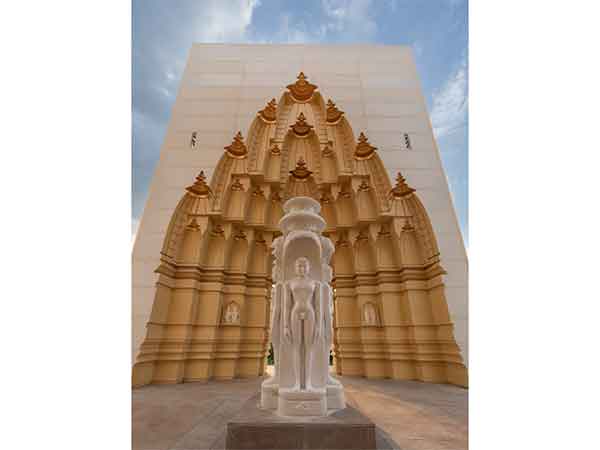Nigerian villagers missing two days after suspected nomadic herders kill 140
Dec 27, 2023
Abuja [Nigeria], December 27: Nigerian mother-of-three Grace Godwin was preparing food on Christmas Eve when her husband burst into the kitchen and ordered her and the children to run and take cover in the bush after gunmen were spotted in a nearby village.
Soon they heard gunfire, starting an hours-long attack by suspected nomadic herders who rampaged through 15 villages in central Plateau state on Sunday, killing at least 140 people with guns and machetes, officials, police and residents said.
It was the bloodiest violence since 2018 when more than 200 people were killed in Nigeria's central region where clashes between herders and farmers are common.
"We returned at 6 the next morning and found that houses had been burnt and people killed. There are still people missing," Godwin said by phone.
"There is no one in Mayanga (village), women and children have all fled."
It was not immediately clear what triggered Sunday's attacks but violence in the region, known as the "Middle Belt", is often characterised as ethno-religious - chiefly Muslim Fulani herdsmen clashing with mainly Christian farmers.
But experts and politicians say climate change and expanding agriculture are creating competition for land, pushing farmers and herders into conflict.
Nomadic cattle herders are from northern Nigeria, which is getting drier and becoming more prone to drought and floods. That is forcing them to trek further south, where farmers are increasing production as the population rapidly expands.
That means less land for nomads and their cattle, supporting the view among local people that the conflict is based on the availability of resources rather than ethnic or religious differences.
"These attacks have been recurring. They want to drive us out of our ancestral land but we will continue to resist these assaults," said Magit Macham, who had returned from the state capital Jos to celebrate Christmas with his family.
Macham was chatting to his brother outside his house when the sputtering sound of a petrol generator was interrupted by gunshots. His brother was hit by a bullet in the leg but Macham dragged him to into the bush where they hid for the night.
"We were taken unawares and those that could run ran into the bush. A good number of those that couldn't were caught and killed with machetes," he said.
Plateau governor called the violence "unprovoked" and police said several houses, cars and motorcycles were burnt.
President Bola Tinubu, who has yet to spell out how he intends to tackle widespread security, described the attacks as "primitive and cruel" and directed police to track down those responsible.
Additional repoting by Felix Onuah in Abuja and Ardo Hazzad in Bauchi, writing by MacDonald Dzirutwe, editing by Nick Macfie.
Source: Fijian Broadcasting Cooperation








